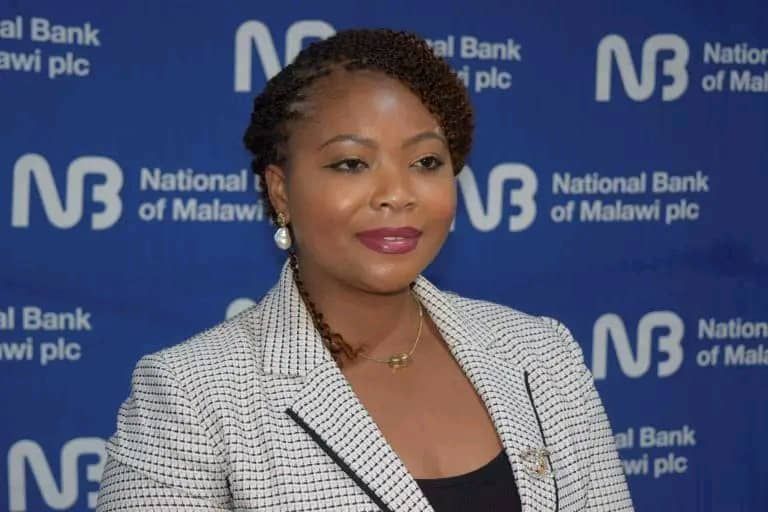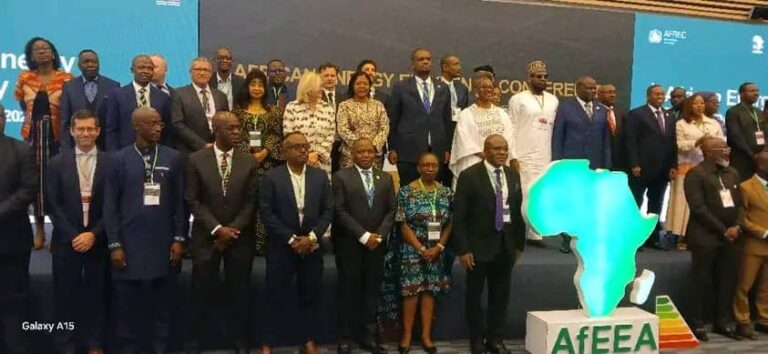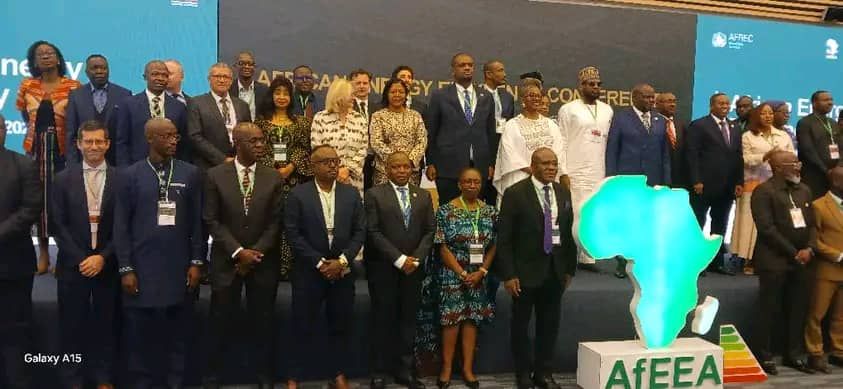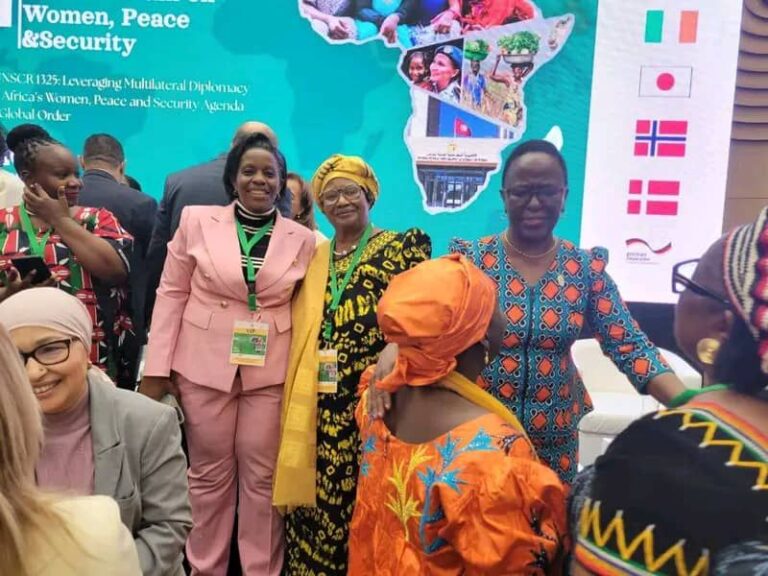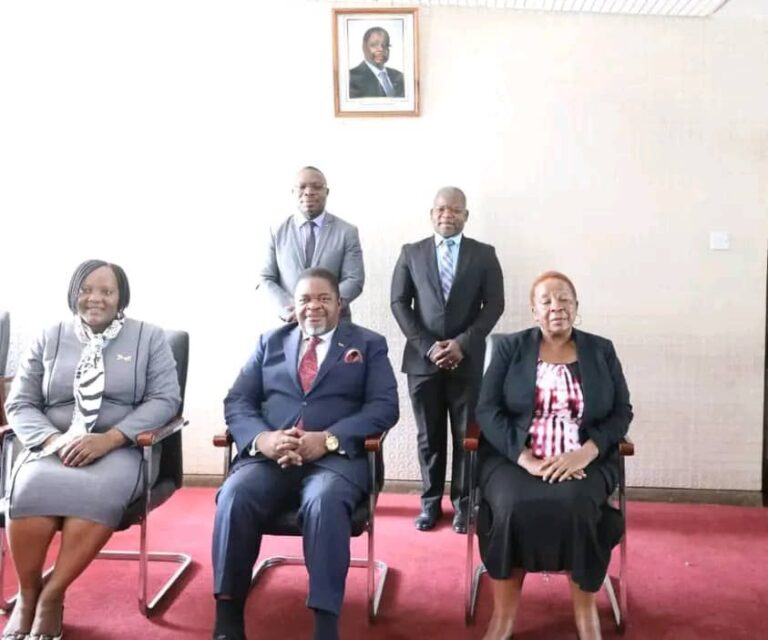By Burnett Munthali
The Mchinji One-Stop Border Post on Malawi’s western frontier has emerged as a transformative symbol of how smart infrastructure can quietly reshape the nation’s economic future.
What was once a congested and time-consuming crossing point has now evolved into a streamlined facility where Malawian and Zambian border agencies operate jointly under one roof.
The transformation illustrates Malawi’s commitment to modern, efficient systems that support industry, innovation, and sustainable development in line with Sustainable Development Goal 9.
The OSBP has significantly reduced clearance times for both goods and travellers, resulting in faster and more predictable movement of commodities across the region.

For Malawian businesses, these improvements translate into lower operational costs, enhanced competitiveness, and more reliable supply chains that are no longer paralysed by unnecessary delays.
The reforms are not only practical but also form part of a broader national vision to create a conducive environment for industries to flourish and markets to expand.
Beyond improving trade facilitation, the Mchinji OSBP also stands as a model of regional integration and technological innovation within SADC and COMESA.
The facility incorporates digital systems that boost data sharing, enhance border security, and eliminate the duplication of processes between the two countries.
This modernisation has strengthened the efficiency of cross-border movement while reinforcing Malawi’s role as a leader in advancing smart, interconnected infrastructure in the region.
For communities surrounding the border, the impact is felt through increased business activity, particularly in hospitality and small-scale trade, which has helped support local livelihoods.
Ultimately, the Mchinji One-Stop Border Post demonstrates what is possible when infrastructure is designed to serve both immediate needs and long-term national aspirations, proving to be a key driver of innovation, integration, and inclusive growth in Malawi.



